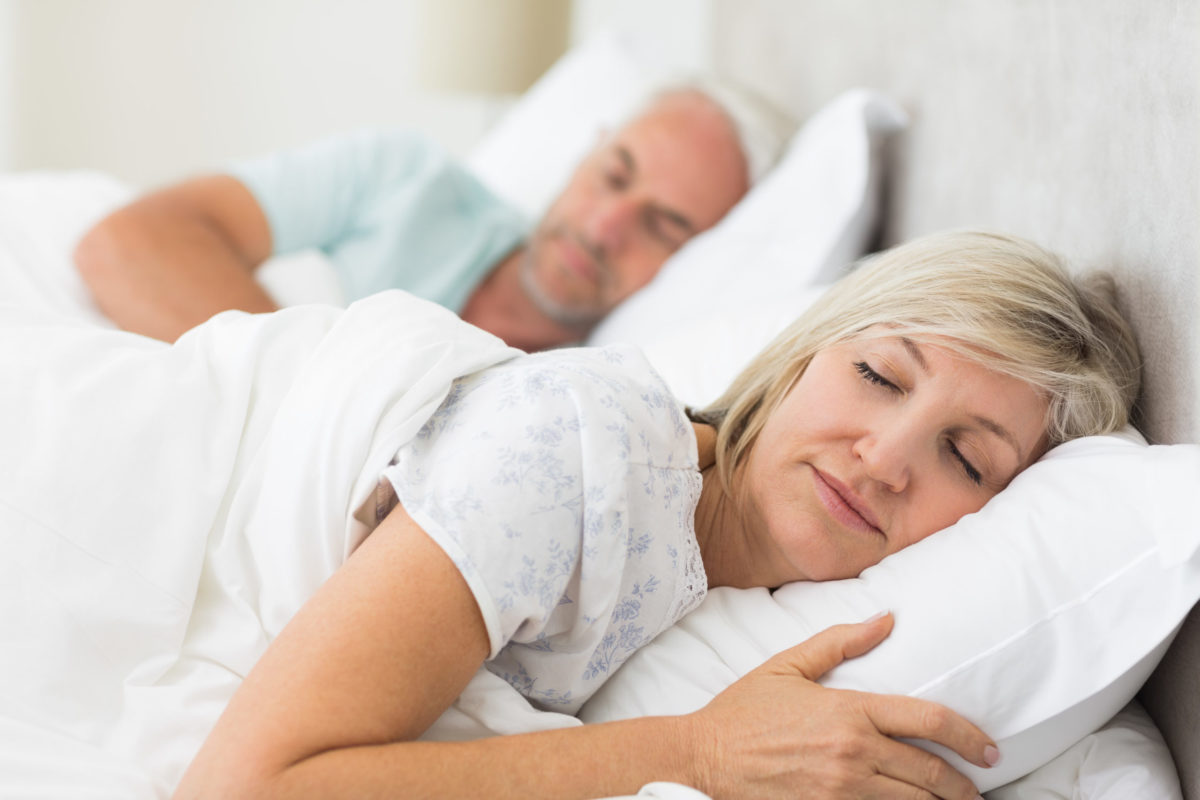by Dr Maria Cecilia Mosquera, Assistant Professor, Department of Primary Care and Population Health
A Healthy Lifestyle includes: Healthy Eating, Physical Activity, Restorative Sleep, Stress Management, Social Connection, and Avoiding Risky Substances. Today’s Lifestyle Blog focuses on Restorative Sleep.
5 More Minutes?
When you wake up in the morning, do you feel refreshed and ready for the day? If you wake up thinking to yourself, “I just need 5 more minutes of sleep” or find yourself tired or sleepy during the day, it might be time to think about your sleep.
Unfortunately, the challenges brought by the COVID-19 pandemic have impacted sleep for some¹. Sleep is an important aspect of lifestyle and not getting enough or good quality sleep can impact your physical and mental health. Poor sleep can affect your alertness, memory, or mood and it is also associated with higher risk for depression, diabetes, obesity, or heart disease²
So, what can be done to get more restful sleep?
First, think about your sleep schedule:
- How much do you sleep on weekdays? On weekends?
- Do you have trouble falling asleep?
- Are you waking up at night?
- Do you wake up too early in the morning?
- Do you feel tired after waking?
- Are you falling asleep during the day?
Second, think about your sleep environment or routine. Do you take advantage of the following, which can help you get more restful sleep?
- Take a warm bath or shower before bedtime.
- Read a book you enjoy, but preferably in a cosy corner, and when you feel sleepy, go to bed.
- Keep regular sleeping hours and make your bedroom comfortable, cool, dark, and quiet to be sleep-friendly.
- Schedule “worry-time”. Write to-do lists for tomorrow to organise your thoughts and clear your mind of distractions.
- Let your brain relax with breathing and relaxation exercises (e.g. mindfulness or meditation), light yoga stretches, or by listening to relaxing music or audio.
- Avoid strenuous exercise within two hours of bedtime, but do exercise regularly to de-stress and sleep better.
- Avoid large meals before bedtime.
- Avoid screen-time for an hour before bedtime (e.g. TVs, smartphones, tablets etc.).
- Avoid caffeine in the afternoon or evening.
- Avoid alcohol before bedtime as it can affect the quality of your sleep.
Third, think about making a goal for sleep that is “SMART” and right for you. An example of a “SMART” sleep goal may be ‘I will do a 5-minute bedtime meditation 45 minutes before bedtime on Monday, Wednesday and Friday of next week.’ You would then track and review your progress at the end of the week to understand what barriers you encountered and to help you figure out ways to overcome them so you can reset the goal to work for you.
Make sleep work for you!
Below are some additional tools to assist you in getting restful and restorative sleep:
- Cleveland Clinic: Here’s what happens when you don’t get enough sleep (and how much you really need a night) https://health.clevelandclinic.org/happens-body-dont-get-enough-sleep/
- Harvard: Insomnia – restoring restful sleep. https://www.health.harvard.edu/staying-healthy/insomnia-restoring-restful-sleep
- NHS Every Mind Matters: Trouble sleeping? https://www.nhs.uk/every-mind-matters/mental-health-issues/sleep/
- NHS Inform: Breathing and relaxation exercises for stress https://www.nhsinform.scot/healthy-living/mental-wellbeing/stress/breathing-and-relaxation-exercises-for-stress
- NHS How to get to sleep https://www.nhs.uk/live-well/sleep-and-tiredness/how-to-get-to-sleep/
If you are interested in learning more about Lifestyle Medicine at UNIC Medical School, have ideas for lifestyle activities, or would like to collaborate in the development of lifestyle activities for students, faculty, staff, or the community, please contact [email protected].
References:

